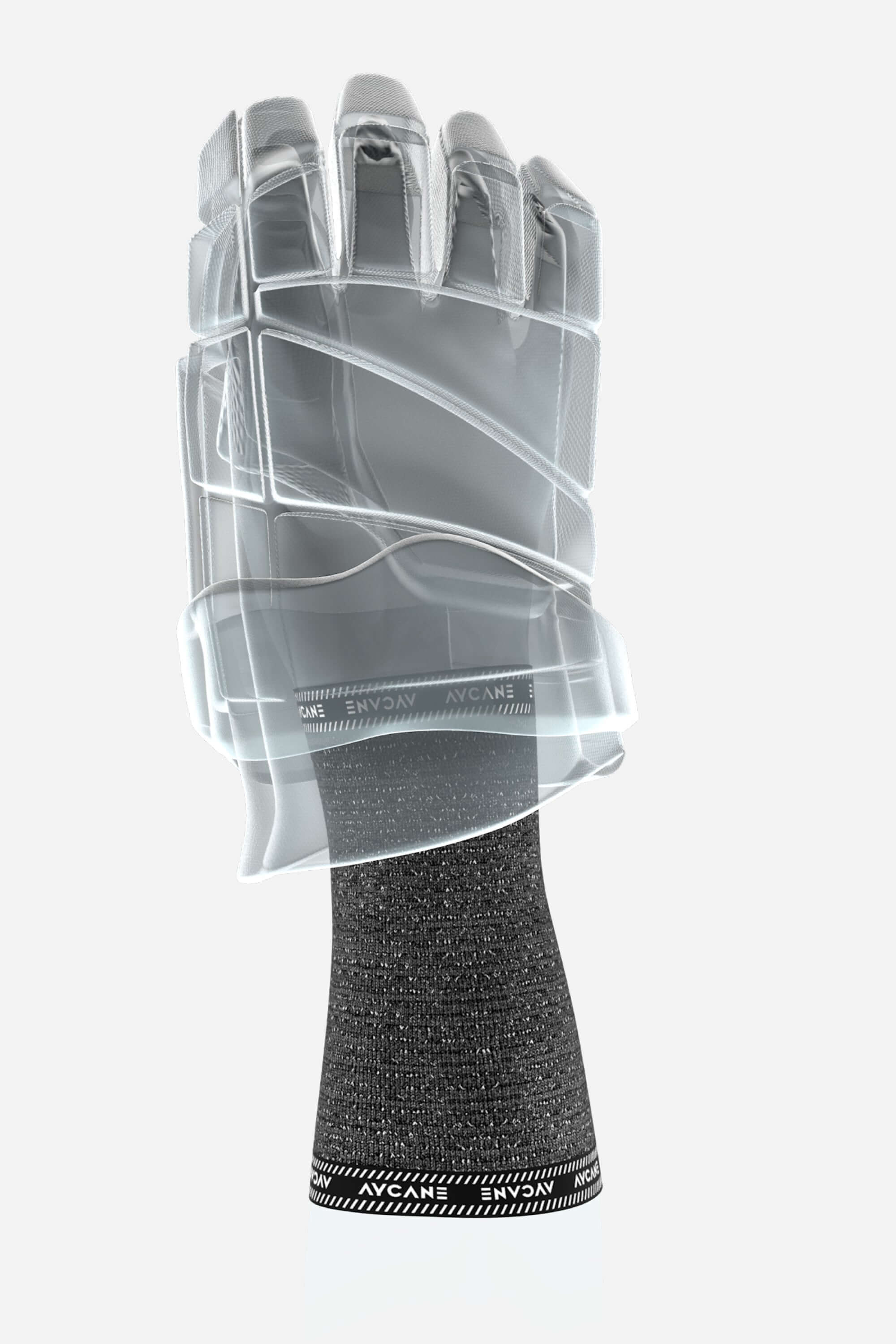The Impact of Ice Hockey on Mental Health and Wellbeing
Ice hockey is more than just a sport played on a frozen surface. It's a game that demands physical prowess, strategic thinking, and teamwork, but it also holds within it a remarkable potential to positively impact mental health and overall wellbeing.

In this article, we delve into how the world of ice hockey extends beyond the rink to contribute to the mental and emotional wellness of its participants.
1. The Therapeutic Benefits of Physical Activity
Engaging in regular physical activity, like ice hockey, has been shown to have a significant positive impact on mental health.
Physical exertion triggers the release of endorphins, commonly referred to as "feel-good" hormones, which are known to alleviate stress, anxiety, and depression. Ice hockey's fast-paced nature provides an intense cardiovascular workout, helping players manage their mental and emotional states.
2. Stress Relief and Emotional Catharsis
The act of playing ice hockey can serve as a healthy outlet for releasing built-up stress and emotions. The adrenaline rush from a well-executed play, the satisfaction of a hard-fought goal, or the camaraderie with teammates after a challenging match can all contribute to reducing tension and fostering emotional catharsis.
3. Building Resilience and Coping Skills
Ice hockey is a sport that demands perseverance, determination, and adaptability. Facing losses, injuries, and setbacks are part of the game, and players learn to develop resilience in the face of adversity. These experiences can translate into valuable life skills, helping individuals navigate challenges off the ice with a stronger and more composed mindset.
4. Creating a Supportive Community
Being part of an ice hockey team creates a sense of belonging and community, which can be immensely beneficial for mental health. Teammates often form close bonds, providing a reliable support system. The shared victories, losses, and experiences build a network that offers encouragement, understanding, and a sense of unity.
5. Mindfulness and Focus
Ice hockey demands a high level of concentration and focus. Being present in the moment during a game requires players to block out distractions and practice mindfulness. These skills can translate to everyday life, helping individuals manage stress, reduce anxiety, and enhance overall mental clarity.
6. Goal Setting and Achievement
Setting goals, both on and off the ice, is a fundamental aspect of ice hockey. Working towards personal and team objectives fosters a sense of purpose and accomplishment. Achieving these goals not only boosts self-esteem but also provides a continuous source of motivation to strive for improvement.
Conclusion:
Ice hockey isn't just about goals scored and games won; it's a holistic experience that can positively impact mental health and wellbeing. Through physical activity, stress relief, resilience-building, and the creation of a supportive community, the sport offers a multifaceted approach to nurturing mental wellness. Whether you're a player, coach, or fan, the game has the power to enhance lives in ways that extend beyond the ice. So lace up those skates, embrace the rush of the game, and remember that the benefits of ice hockey go far beyond the final buzzer.
If You Like This Blog Post, You Might Also Like...
























